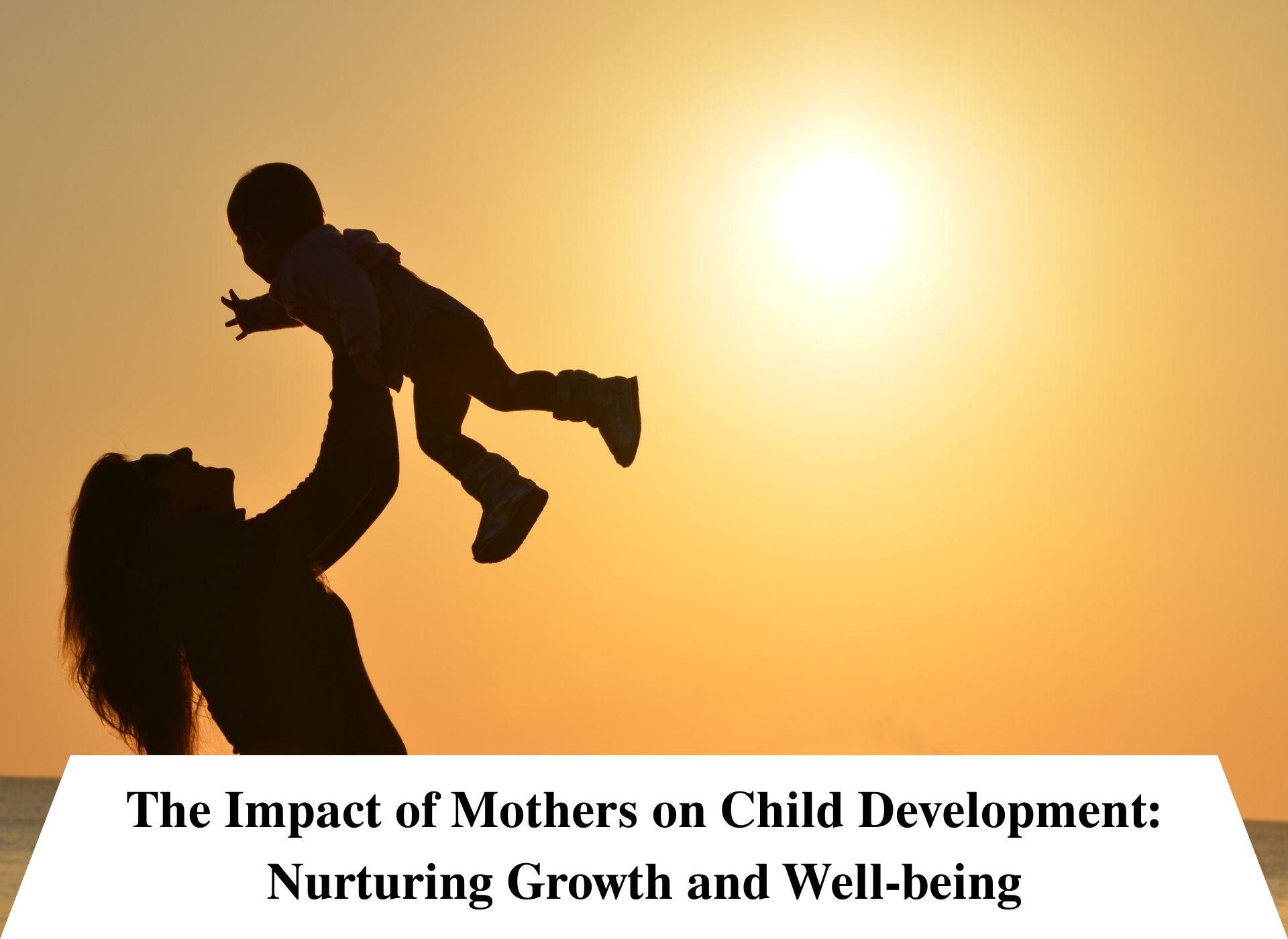Delve into the rich tapestry of Yoga and Ayurveda, guiding individuals on a journey towards holistic well-being. Gyan Vihar World School, recognized among the top CBSE schools in Jaipur, underscores the profound impact of these ancient traditions on physical, mental, and spiritual health. Unraveling these practices, deeply ingrained in our cultural heritage, we uncover not just routines but lifestyles advocating harmony.
Yoga, an ancient Indian discipline rooted in physical postures, breath control, and meditation, dates back centuries. Likewise, Ayurveda, its sister science, emphasizes holistic mind-body equilibrium through natural healing and preventative healthcare. This blog illuminates the intricacies of these traditions, spotlighting their collective contributions to overall wellness.
In today’s whirlwind existence, the pursuit of external accomplishments often eclipses our quest for internal peace. Amidst this rush, yoga and Ayurveda serve as beacons, offering holistic approaches to well-being. These ancient practices, woven into Gyan Vihar World School’s ethos, shape individuals as they navigate life’s demands, fostering balanced and fulfilled lives.
Embark on a journey of ancient wisdom with us, exploring transformative practices that continue to elevate lives. Discover the transformative power of Yoga and Ayurveda, integral to our curriculum at Gyan Vihar World School, as we nurture individuals in attunement with their inner selves.
Yoga: A Journey of Mind-Body-Spirit Connection
Yoga, with its rich history dating back over 5,000 years, is a multifaceted discipline that encompasses physical postures, breathing techniques, and meditation. It is a practice that transcends mere physical exercise, delving into the depths of the mind and spirit, fostering a profound connection between the body, mind, and soul.
Through the practice of asanas, or physical postures, individuals cultivate flexibility, strength, and stability. These postures, designed to align the body, promote better circulation, enhance joint mobility, and cultivate a sense of groundedness. Pranayama, the art of breath control, plays a pivotal role in yoga, influencing the flow of prana, or vital energy, throughout the body. Breathing techniques help regulate emotions, enhance concentration, and induce a state of relaxation.
Meditation, the essence of yoga, forms the cornerstone of this transformative practice. Through mindfulness and self-awareness practices, individuals cultivate a deeper understanding of their inner selves, fostering a sense of peace, clarity, and emotional resilience.
The benefits of yoga extend far beyond the physical realm, positively impacting mental and emotional well-being. Regular yoga practice has been shown to:
- Reduce stress and anxiety
- Enhance mood and emotional balance
- Improve sleep quality
- Increase self-awareness and self-esteem
- Promote cognitive function and concentration
Yoga’s emphasis on mindfulness and self-awareness can also be particularly beneficial for students navigating the academic pressures, social challenges, and emotional ups and downs of adolescence. By cultivating inner peace and resilience, students can better manage stress, enhance their academic performance, and build stronger relationships with peers and family members.
Ayurveda: The Science of Life and Wellness
Ayurveda, the sister science of yoga, is a comprehensive system of natural medicine originating from India over 5,000 years ago. Rooted in the philosophy of harmony and balance, Ayurveda views health as a state of equilibrium, where the body’s three doshas, or constitutions – vata (air), pitta (fire), and kapha (earth) – are in balance.
Ayurvedic practitioners assess an individual’s dosha type, a unique combination of physical, mental, and emotional characteristics. Understanding one’s dosha provides a personalized roadmap to maintaining or restoring balance, enabling individuals to make informed choices about their lifestyle, diet, and exercise practices.
Ayurveda’s holistic approach encompasses a wide range of practices, including:
- Ahara: A diet tailored to one’s dosha type, emphasizing fresh, wholesome foods that promote balance and vitality.
- Dinacharya: Daily routines that align with natural rhythms, promoting healthy sleep habits, regular exercise, and mindful engagement in daily activities.
- Panchakarma: Detoxification and rejuvenation therapies that cleanse the body of accumulated toxins, promoting overall well-being.
Ayurveda’s personalized approach to wellness can be particularly beneficial for students, guiding them in making healthy lifestyle choices that support their physical and mental well-being. By understanding their dosha type and incorporating Ayurvedic principles into their daily routines, students can:
- Enhance their energy levels and combat fatigue
- Improve digestion and nutrient absorption
- Strengthen their immune system
- Cultivate a sense of calmness and emotional stability
The Synergy of Yoga and Ayurveda: A Holistic Pathway to Wellness
The synergistic combination of yoga and Ayurveda offers a comprehensive approach to achieving holistic wellness. Yoga’s physical postures, breathing techniques, and meditation practices prepare the body and mind for Ayurvedic treatments, enhancing their effectiveness and promoting deeper healing. Ayurveda, in turn, provides a personalized understanding of one’s body and dosha type, enabling individuals to choose appropriate yoga practices that align with their unique constitution.
Incorporating yoga and Ayurveda into one’s daily life can bring about a multitude of benefits, including:
- Improved physical health and vitality
- Enhanced mental clarity and focus
- Reduced stress and anxiety
- Strengthened emotional resilience
- A deeper sense of self-awareness and inner peace
For students navigating the challenges of modern life, yoga and Ayurveda can serve as powerful tools for cultivating holistic well-being. By embracing these ancient practices, students can develop a deeper understanding of their physical, mental, and emotional needs, enabling them to make informed choices that support their overall health.
A Path to Holistic Well-being for Students at Gyan Vihar World School
Recognizing the profound benefits of yoga and Ayurveda for holistic well-being, Gyan Vihar World School, a top-ranked CBSE school in Jaipur, has integrated these ancient practices into its curriculum and extracurricular activities. The school’s commitment to fostering a well-rounded education extends beyond academics, encompassing the physical, mental, and emotional well-being of its students.
Through yoga classes and workshops, students are introduced to the physical postures, breathing techniques, and mindfulness practices that form the foundation of yoga. They learn to cultivate flexibility, strength, and balance, while also developing self-awareness, concentration, and emotional resilience.
Ayurvedic principles are incorporated into the school’s nutrition program, encouraging students to make informed dietary choices that align with their unique dosha types. The school also hosts workshops on Ayurvedic practices, such as herbal remedies and daily routines, empowering students to take an active role in their own well-being.
The integration of yoga and Ayurveda into Gyan Vihar World School’s curriculum reflects the school’s dedication to nurturing well-rounded individuals, equipped with the knowledge and tools to navigate the challenges of modern life while maintaining a sense of balance and well-being.
Embracing Ancient Wisdom for a Healthier Future
Yoga and Ayurveda, the ancient Indian practices of physical and mental well-being, offer a transformative approach to achieving holistic health. By cultivating a harmonious connection between the body, mind, and spirit, these practices empower individuals to take charge of their well-being and lead more fulfilling lives.
For students embarking on their educational journeys, embracing yoga and Ayurveda can be a profoundly enriching experience. By integrating these ancient practices into their daily lives, students can develop a deeper understanding of themselves, enhance their physical and mental health, and cultivate the resilience and self-awareness necessary to thrive in an ever-changing world.
As we celebrate the transformative power of yoga and Ayurveda, let us commit to embracing these ancient wisdoms and fostering a culture of holistic well-being for future generations.







